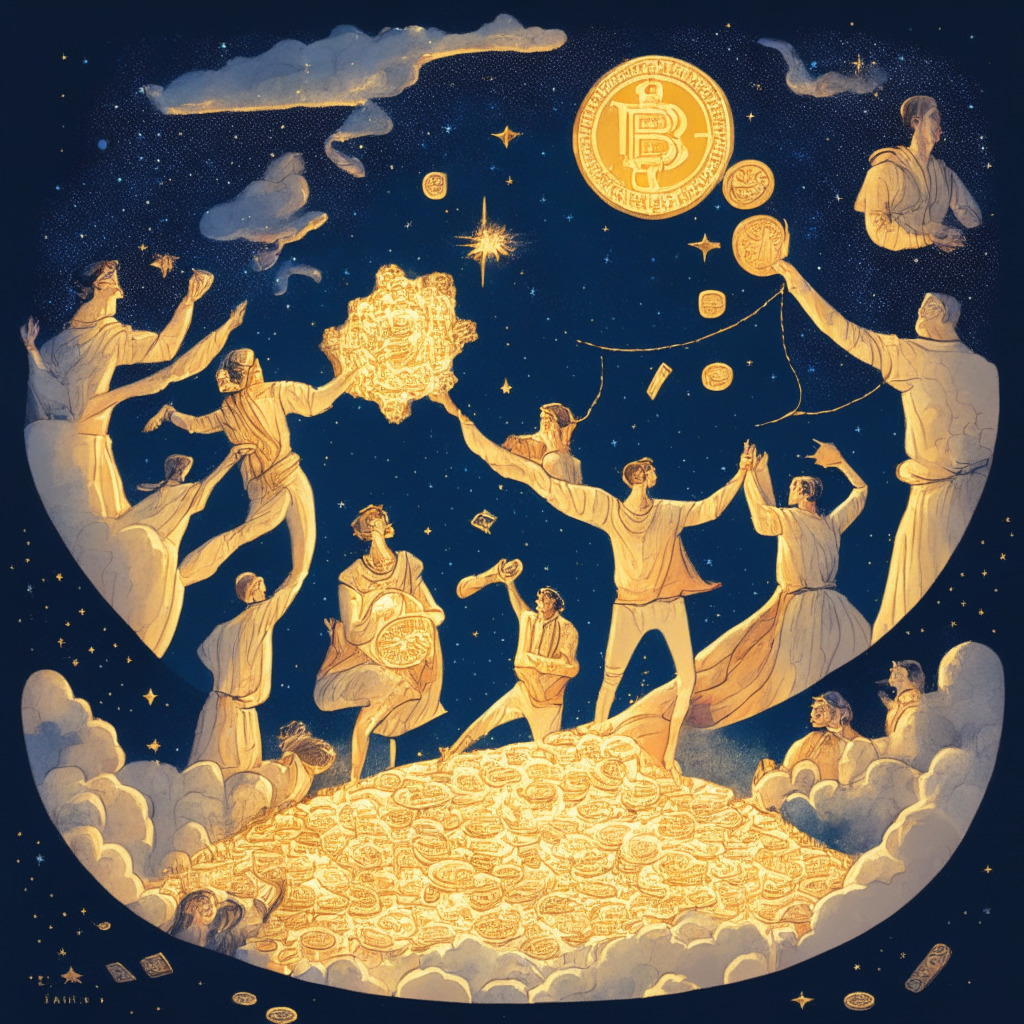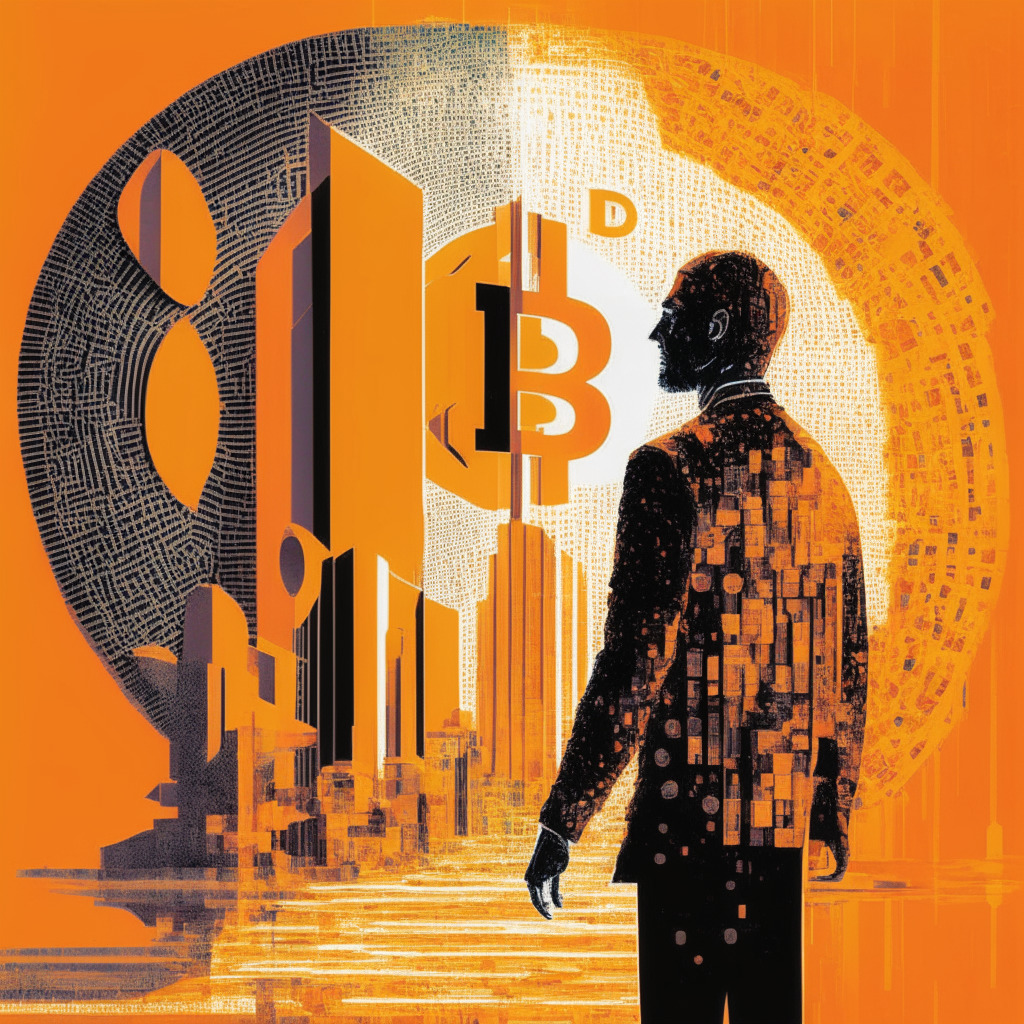In a remarkable show of solidarity, the founder of Tron, an affluent investor in the crypto market and known as Justin Sun, has intervened to rescue the decentralized exchange (DEX) protocol, Curve Finance, from a looming bad debt crisis. Information obtained from blockchain data on Tuesday indicates that the billionaire purchased about 5 million Curve tokens (CRV) at an average of $0.4 each, costing roughly $2.3 million in total.
While this purchase price was significantly lower than market value ($0.58), it exceeded the liquidation rate of Michael Egorov, the founder of Curve at $0.37. Sun verified his support via a Tuesday tweet where he reiterated his commitment towards the protocol and promised to unveil an @stusdt pool on Curve. The goal, as Sun added, is empowering the community and strengthening decentralized finance collectively.
Curve Finance, using an automated market maker (AMM) for liquidity management, has carved a niche providing swaps for stablecoins. A decentralized autonomous organization (DAO), which allows CRV token holders to make essential governance decisions, is used to incentivize liquidity providers.
However, Curve Finance experienced an exploit on Sunday that saw around $70 million in cryptocurrency funneled from multiple liquidity pools. The situation was contained, but the breach affected CRV’s price significantly, plummeting it and posing a risk to the $167 million stash of Egorov’s CRV tokens should a liquidation event occur. Given the size, such a liquidation could send waves of losses throughout the ecosystem due to subsequent trader liquidations who used CRV as collateral.
Yet Sun’s role here was crucial, but he was not alone other traders also received large amounts of CRV from Ergorov’s wallet. Crypto investor Jeffrey Huang, also called Machi Big Brother, purchased 3.75 million tokens. Other beneficiaries included the crypto fund DWF Labs and a DeFi protocol, both of which bought 2.5 million CRV each.
Overall, Ergorov sold a total of 39.25 million CRV tokens in over-the-counter trading, accumulating $15.8 million. While this action has sparked various reactions, the move, in preserving the value of CRV tokens and the broader crypto market, has magnified the potential of collective action to safeguard investments in this often volatile system.
Source: Cryptonews




